Ethereum: Another milestone reached with the Shanghai Update
This week, our blockchain experts assessed the following topics:
- Ethereum: Another milestone reached with the Shanghai Update
- The SEC is on fire: Is it risking Gary Gensler’s neck for it?
- Streaming Money: Moving value at the speed of light
- International banking elites want a piece of the action with Unicoin
Our bi-weekly Crypto Industry Report provides you with valuable information on the global crypto industry - picked and analysed by our blockchain experts.
Ethereum: Another milestone reached with the Shanghai Update
On April 12, 2023, Ethereum successfully executed the planned Shanghai update also known as Shapella. The upgrade allows validators to unstake their staked ETH and withdraw their rewards, as well as staked ether if chosen. Now that another level of uncertainty has waned for the biggest smart contract blockchain, this new feature could attract more investors to stake their ether. The Shanghai update comes about seven months after the Merge, which took place in September 2022, changing Ethereum from a Proof-of-work blockchain to a Proof-of-stake one.
While validators can now withdraw their staking rewards, they’ll have to adhere to a queuing system. As of this writing, there are 29,036 validators and 987,604 ETH waiting for a full exit based on Nansen data. This means the majority of validators is not unstaking as most people feared, since there are over 570,000 validators in total. Some experts predicted selling pressure would follow after the upgrade, resulting in a downward price action. However, ETH hit $2,000 after the Shapella upgrade and has remained above this mark as of this writing. Still, to watch for any signs of selling pressure, the withdrawal queue should be monitored over the coming weeks.
Validators that fully exit the chain will stop contributing to the network unless they decide to re-stake their ether. According to the blockchain analytics Twitter account Lookonchain, a few of the top withdrawing addresses have re-staked ETH after withdrawing.
Among the top withdrawing entities is the crypto exchange Kraken. This is due to the fact that is no longer offering staking as a service, given the regulatory action that was taken against the exchange. The exchange was targeted by the SEC in February this year, forcing it to shut down its staking service. Kraken also paid a $30 million fine. This regulatory action only appears to have affected staking on Kraken. Ether staking in general remains unaffected, with investors continuing to deposit ETH on other platforms. At the time of writing, the 24-hour net deposits were 96,352 ETH, indicating that more people are currently staking their ETH than leaving the network.
The SEC is on fire: Is it risking Gary Gensler’s neck for it?
The SEC is relentless in its efforts to regulate the crypto sector in the US. To show that it means business, the regulator is now going after decentralised finance (DeFi) stating that activities taking place on decentralised platforms still fall under the traditional definition of securities trading. In other words, the regulator believes that platforms like decentralised exchanges (DEXs) are under the same rules as those governing traditional exchanges. However, the SEC has to expand its definition of a securities exchange to regulate DEXs. A proposal to make these changes was voted for 3-2.
“Make no mistake: many crypto trading platforms already come under the current definition of an exchange and thus have an existing duty to comply with the securities laws. Yet, these platforms are acting as if they have a choice to comply with our laws. They don’t,” the SEC Chair, Gary Gensler said.
Republican commissioner, Hester Pierce, has criticised the SEC’s move, saying it could kill innovation in the sector or encourage centralisation. “No longer does this commission think creatively about regulatory alternatives that advance the commission’s mission while preserving space for potentially disruptive innovation. Rather, today’s commission aggressively expands its regulatory reach to solve problems that do not exist,” she said.
While the SEC is eying exchanges in the DeFi space, its efforts in cracking down on centralized exchanges haven’t stopped. The latest target is Bittrex which it sued “for operating an unregistered national securities exchange, broker, and clearing agency.” The charges came weeks after the exchange had announced plans to stop its US operations, citing the present regulatory and economic environment in the country as a reason. Trading on the exchange for US customers closed on April 14.
Bittrex responded to the SEC’s charges with a tweet revealing the regulator had failed to provide them with details on the specific digital assets it considered securities despite sending multiple requests. Also, the exchange echoed the now familiar tune among more and more US representatives, who accuse the SEC of attempting to drive crypto out of the US and using enforcement by regulation as its approach.
Seemingly, this wrath was unleashed during a recent committee meeting, where the SEC’s chairman Gary Gensler was in congressional hot seat. Representative Tom Emmer called accused Gensler of being an “incompetent cop on the beat”. And judging by the overall tone of many committee representatives, Gensler and his team came off very badly, not least because under their leadership the US investor had not been protected against FTX, TerraLuna, Circle and others. The hearing also drew attention because Gensler failed to provide any yes or no answer when he was asked whether ether was a security or not.
To take action, Congressman Warren Davidson said he will introduce legislation to fire Gensler. “To correct a long series of abuses, I am introducing legislation that removes the Chairman of the Securities and Exchange Commission and replaces the role with an Executive Director that reports to the Board,” he tweeted. So to sum things up: The saga is to be continued...
Streaming Money: Moving value at the speed of light
Ever since the emergence of the internet, people have been dreaming of money, which moves just as fast as data. The vision is money that is fast, secure, cheap, free of intermediaries, borderless, and tradeable 24/7 – a true internet money. Fast online money can help viewers pay content creators in real time for their content, and businesses can enjoy fast, low-cost global payments.
It is believed that the Lightning Network (LN), built on the most decentralized and secure blockchain network, can make this vision a reality. LN makes Bitcoin transactions faster, creating an opportunity for fast and affordable global payments.
Payment platform Lightspark is leveraging the lightning network to enable businesses to send and receive global payments fast and at a low cost. Former PayPal president David Marcus is the co-founder and CEO of Lightspark. Marcus was also the co-creator of Facebook’s stablecoin project, Diem (formerly Libra), which was cancelled due to regulatory pushback. His commitment to Bitcoin and LN shows that he is now focused on something that is live and, in his view, has the potential to make money move as fast (or faster) as email.
“Today, the complexity and steep learning curve inherent to Lightning are gone. It's now intuitive and easy to reliably send and receive payments on the network or to build payment experiences without any of the constraints of antiquated rails,” Marcus tweeted.
Lightspark was founded in 2022, and interested users can test it using a Chrome extension. The extension allows users to stream funds between wallets in test mode. While this is just one application and things are still very early, the way for internet money is paved: On blockchain scalability rails that make it move at the speed of light.
International banking elites want a piece of the action with Unicoin
The Digital Currency Monetary Authority (DCMA) announced an international CBDC called Unicoin or UMU at the IMF 2023 spring meeting. THE DCMA is a private group, whose agenda it is to advance the adoption of digital currencies in central banks and money systems.
The Universal Monetary Unit (UMU) is supposed to function like a CBDC that seeks “to protect the financial integrity of the international banking system.” The project aims to make cross-border payments instant, less risky, and faster. Legally, it will be set up like a money commodity. And while Unicoin isn’t endorsed by the IMF, DCMA claims it complies with the IMF’s proposed crypto assets policy recommendations. UMU can be purchased in any local currency, can be used to settle trade payments, and central banks can hold it as a reserve currency.
Unicoin powers the Unicoin Network, a decentralised international banking network for central banks, commercial banks, and retail banks. The Unicoin Network protocol uses the staked proof-of-trust consensus mechanism. The project calls its banking system crypto 2.0.
Darrell Hubbard is the founder of DCMA and the chief architect of this new digital currency. According to the project’s website, Hubbard has an MBA from Havard and a Master of Science in Computer Science. “UMU is not attempting to disrupt the international monetary system. In fact, it strengthens it by helping the IMF achieve its stated mandate to provide economic and financial stability to its member states. UMU is a game-changer in how cross-border payments are transacted and mitigates against seasonal and systemic local currency depreciation," Hubbard states.
Share post
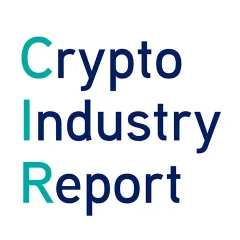
Related Posts
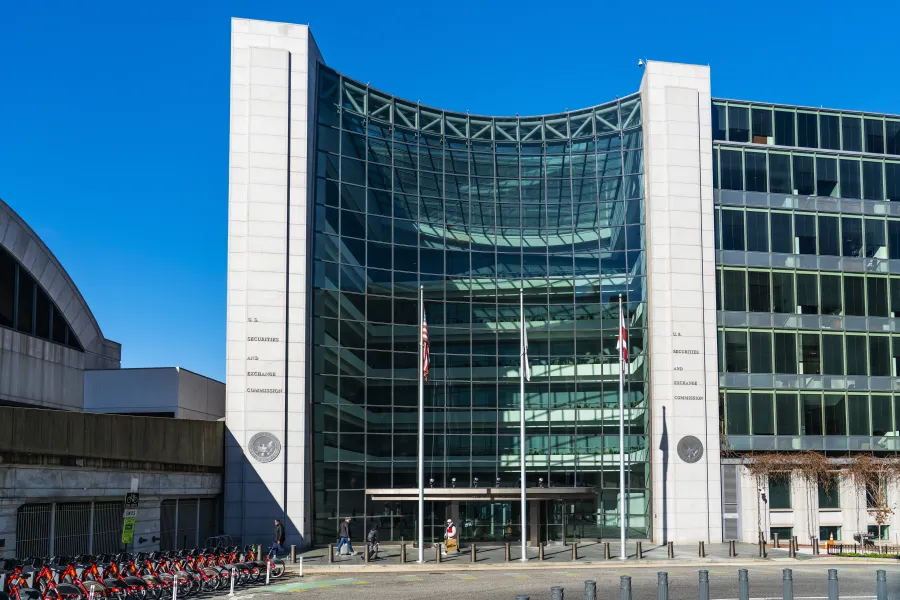
To be continued: SEC pushes back at Coinbase
SEC pushes back against Coinbase's claim of no regulatory jurisdiction, stating the crypto exchange knowingly violated securities laws. Meanwhile, Gemini, owned by the Winklevoss twins, files a lawsuit against Digital Currency Group and CEO Barry Silbert alleging fraud and deception following the collapse of a lending venture. The Bank for International Settlements survey reveals that 93% of central banks are working on Central Bank Digital Currencies (CBDCs) which are seen as potential geopolitical policy tools and a challenge to the dollar's dominance. The race for a Bitcoin ETF intensifies, with BlackRock refiling its application featuring Coinbase as the market surveillance partner, as the Grayscale Bitcoin Trust's discount to net asset value narrows, potentially indicating the transformation into a proper ETF.

BlackRock fever: The ETF filing spree and institutional appetite
BlackRock filed for a Bitcoin ETF with the SEC, inspiring similar applications from firms like WisdomTree, Invesco, and Fidelity, and boosting Bitcoin's value. Traditional finance institutions such as Fidelity and Nasdaq are showing increased interest in crypto, with moves towards exchange and custody services. The defunct crypto exchange FTX, under new CEO John Ray III, is planning a potential revival after recovering significant assets. Meanwhile, the IMF is developing a global CBDC platform for cross-border transactions and DAI, a major stablecoin, is diversifying its backing from USDC to include real-world assets.
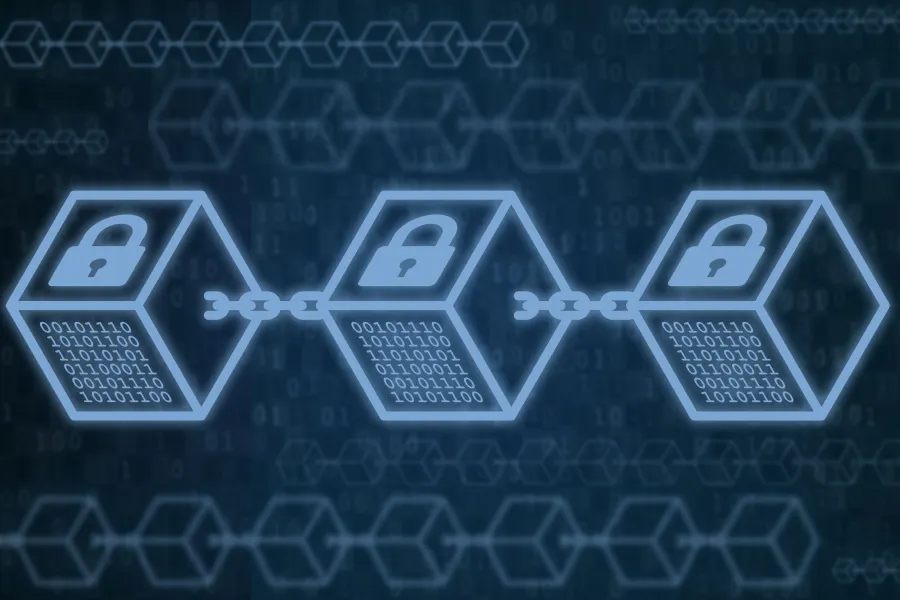
SWIFT explores blockchain interoperability
SWIFT has partnered with Chainlink to experiment with leveraging its infrastructure for transferring tokenized value across blockchain networks. The trials will address interoperability, regulatory challenges, and operational drawbacks for financial institutions in a blockchain environment. Chainlink will provide connectivity between private and public blockchains. SWIFT's findings will be published later this year.
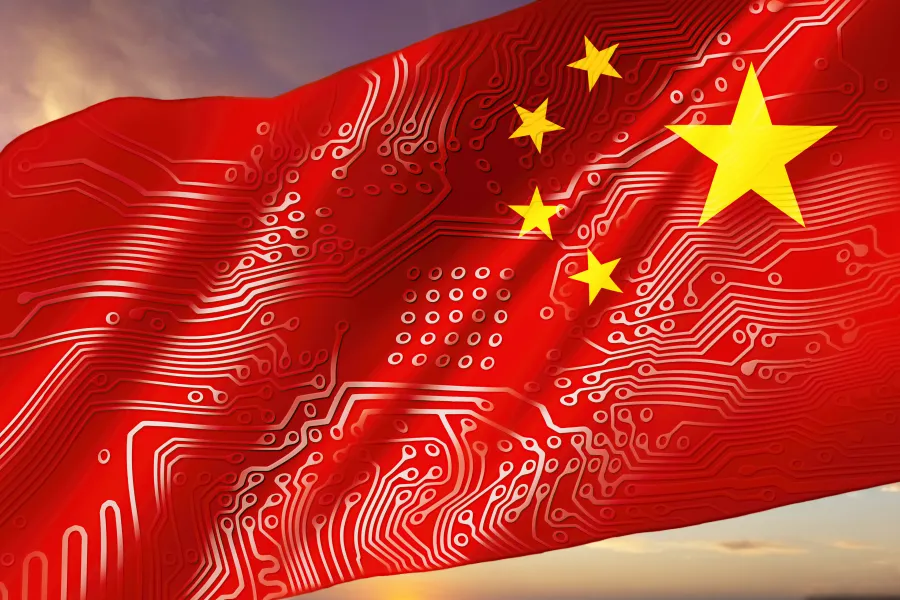
China wants an Internet 3.0, while Hong Kong gears up for crypto trading launch
China is striving for advancement in Internet 3.0 technologies, with Beijing's white paper outlining plans to invest in the development of the metaverse and Web3 tech such as non-fungible tokens, but not cryptocurrencies due to the country's previous ban. Meanwhile, Hong Kong is launching its new crypto trading regulations, allowing retail investors to participate from June 1, 2023, with exchanges like Huobi Hong Kong beginning to offer spot trading to retail and institutional clients. Furthermore, the Cybersecurity and Technology Crime Bureau of the Hong Kong Police Force is launching a metaverse platform, 'CyberDefender', to educate the public about potential threats and crime prevention in the metaverse.
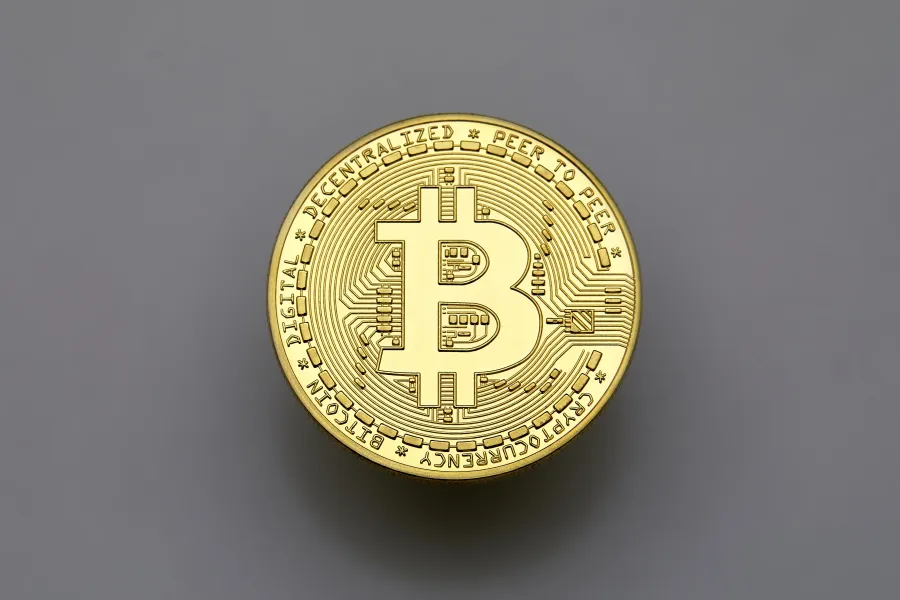
BRC-20: Innovating on Bitcoin is the new cool
A new Bitcoin “token standard” called BRC-20 is the hottest thing right now in the crypto space. It was introduced in March 2023 by a pseudonymous person called Domo. Bitcoin Request for Comment 20 (BRC-20) is an experiment that brings fungible tokens to the Bitcoin blockchain using the Ordinals protocol. Ordinals rely on ordinal theory, enabling the identification and tracking of individual satoshis within Bitcoin's existing supply, while also allowing them to be inscribed (associated) with data. Through this technique, satoshis (sats) are given ordinal numbers starting with zero. Anyone can add a script file to a sat to create and transfer a BRC-20 token on the Bitcoin blockchain. BRC-20 tokens are created using three functions: deploy, mint, and transfer.
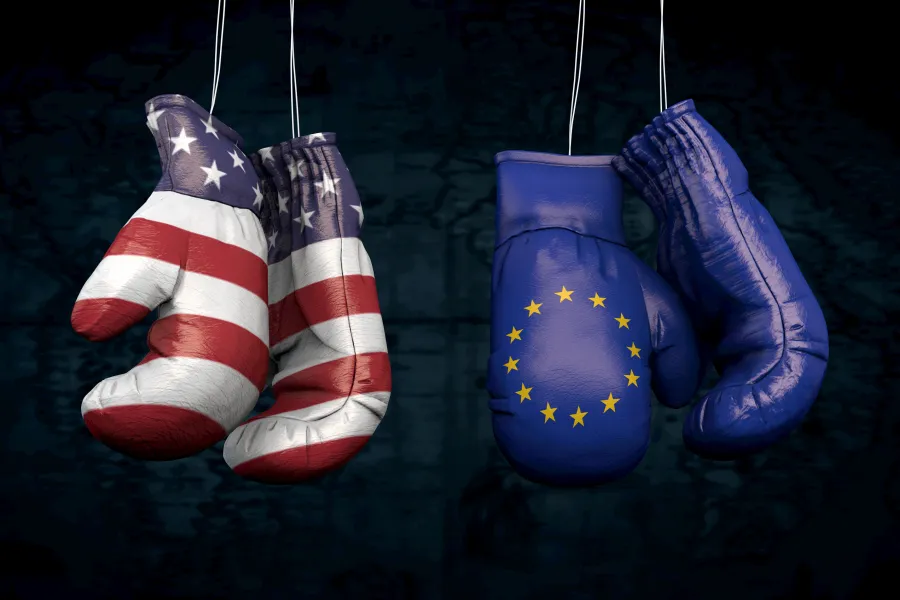
US versus EU: Giants fighting for regulatory clarity
It is official now: The European Parliament voted overwhelmingly in favour of Markets in Crypto Assets (MiCA), legislation that will guide the crypto sector in all 27 European Union member states. 517 parliament members voted for it, while 38 voted against it. This approval makes Europe the first continent with comprehensive rules for cryptocurrencies. Also, it means that all EU member states will have unified crypto regulations. So, if a crypto business is approved in one EU member country, it could easily expand operations to another member state. The EU’s milestone was lauded by Binance as well as Kraken and Coinbase.

CFTC versus Binance:
Clash of the titans
The world’s leading crypto exchange by volume, Binance, alongside its CEO, Changpeng Zhao, and ex-Chief Compliance Officer, Samuel Lim, are being sued by the US Commodity Futures Trading Commission (CFTC).
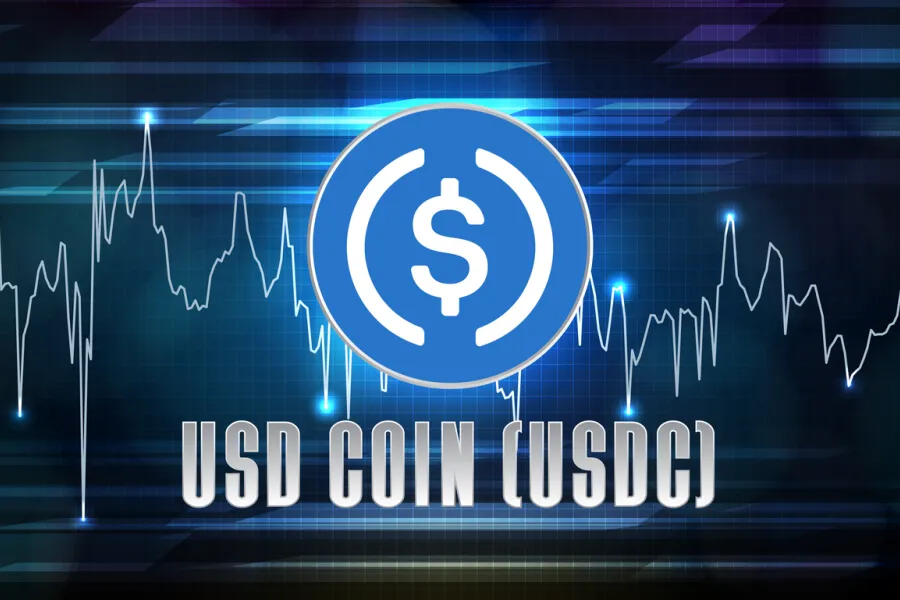
Stablecoin USDC briefly lost its
peg. What do we learn from this?
One of the top stablecoins by market cap, USD Coin (USDC), de-pegged briefly from the US dollar on March 11 following the collapse of Silicon Valley Bank (SVB). Circle, the stablecoin’s issuer, held $3.3 billion in USDC reserves with the bank, which caused panic as investors rushed to withdraw their funds, assuming USDC could implode because of insufficient backing. However, the amount represented less than 8% of the stablecoin’s reserves.

Ethereum Shanghai upgrade pushed to April: Will there be too much selling pressure?
Ethereum stakers have been eagerly awaiting the Shanghai upgrade, which will enable them to withdraw their staked ether. Stakers’ funds have been locked since Ethereum introduced the proof-of-stake Beacon Chain in December 2020. The upgrade was originally slated to take place sometime in March but was pushed by about two weeks to April during a recent execution layer meeting.

Are regulators trying to make up for it by cracking down?
Following the infamous events of 2022, US regulators are turning up the heat on crypto services and products in 2023. One of the services they have targeted recently is custodial crypto staking, a process whereby customers have a financial service provider lock up their coins with a blockchain protocol over a certain period of time in exchange for rewards. This comes as no surprise since the SEC’s chairman, Gary Gensler, previously said that crypto staking looks very similar to lending. US crypto exchanges that offer this service are, therefore, in the SEC’s line of fire.